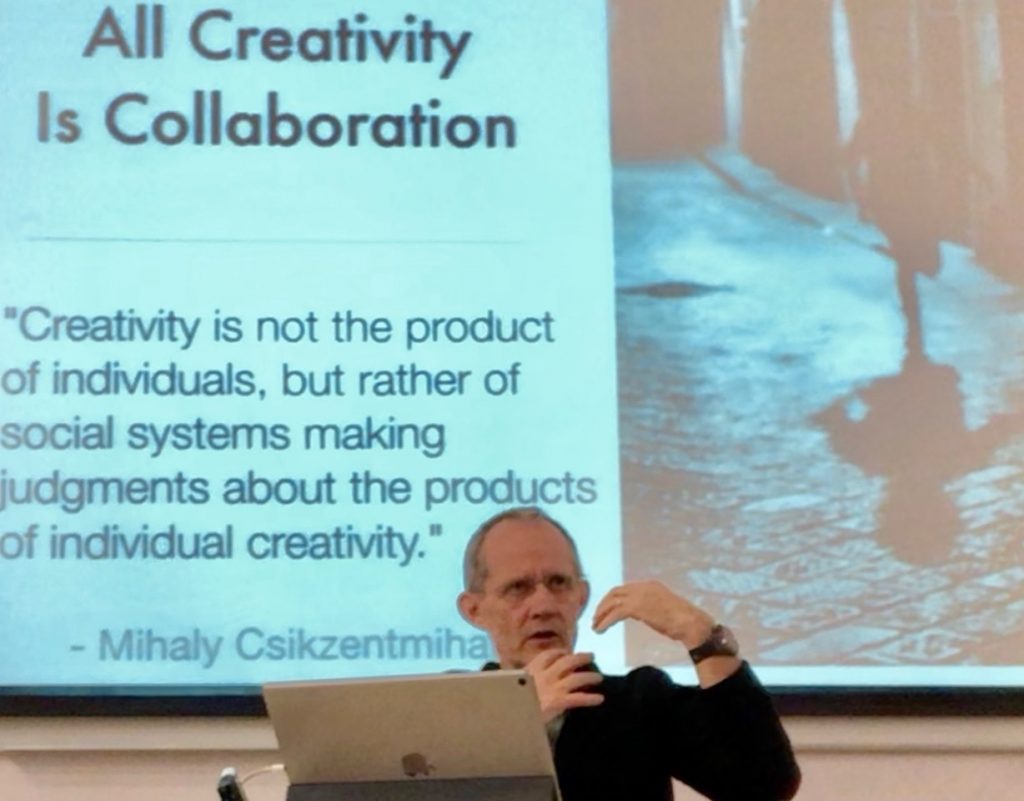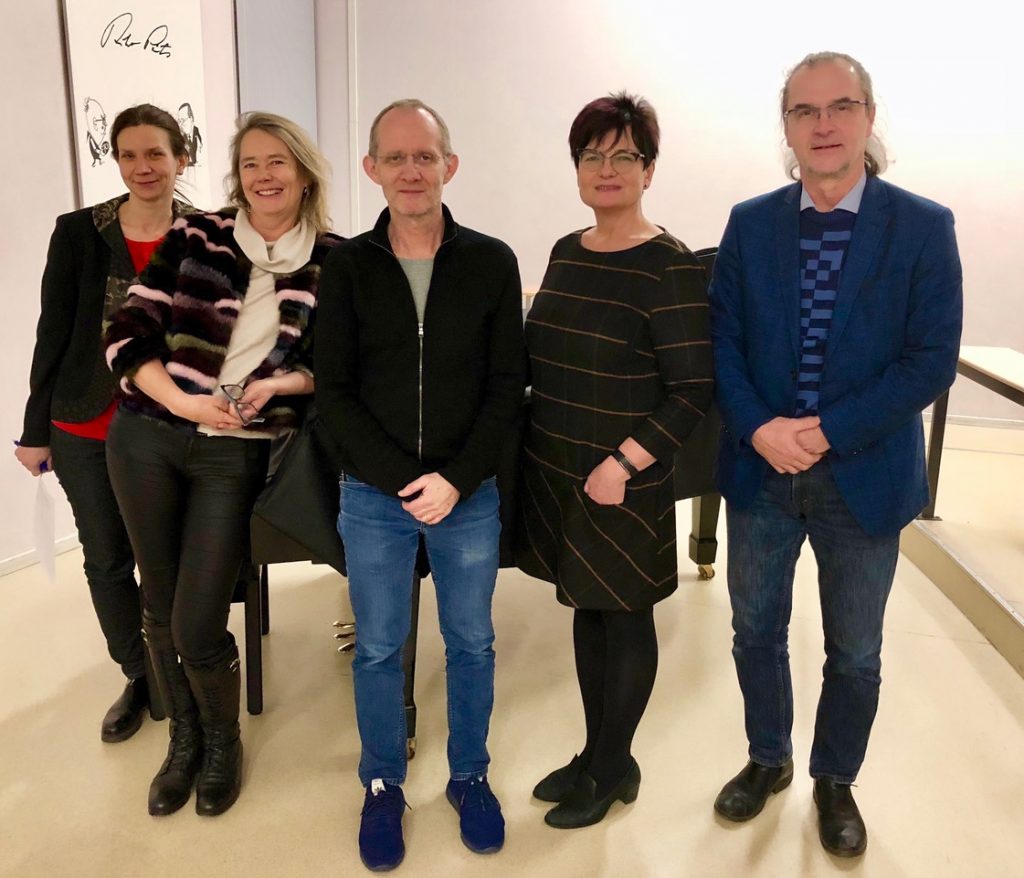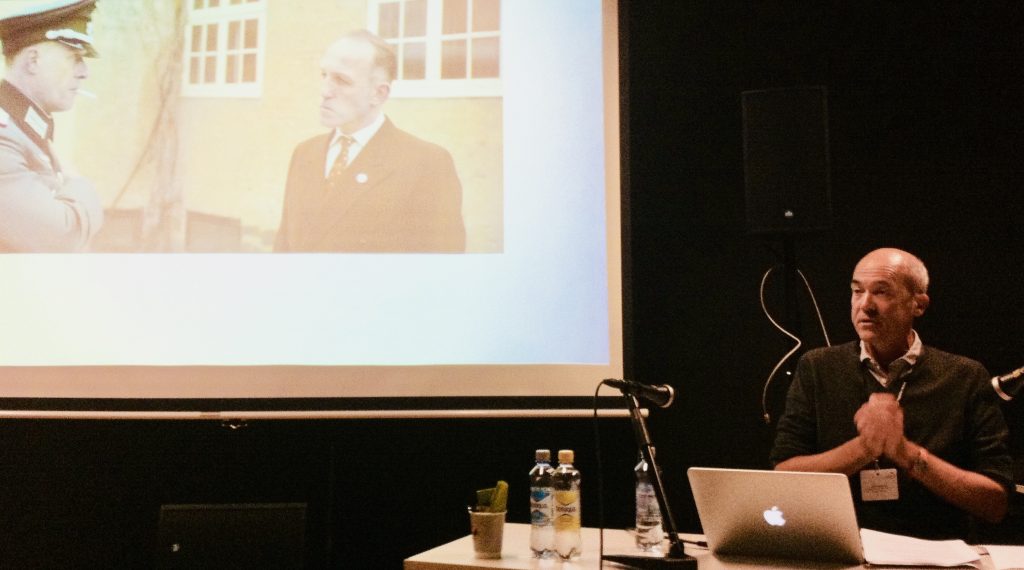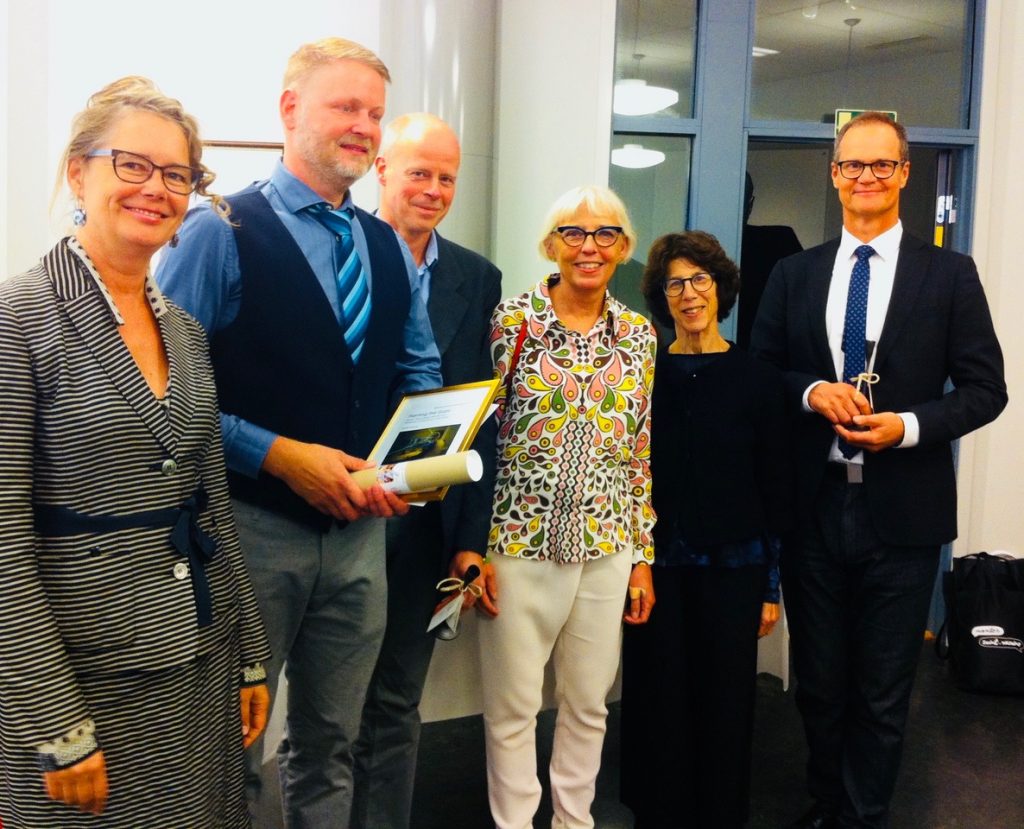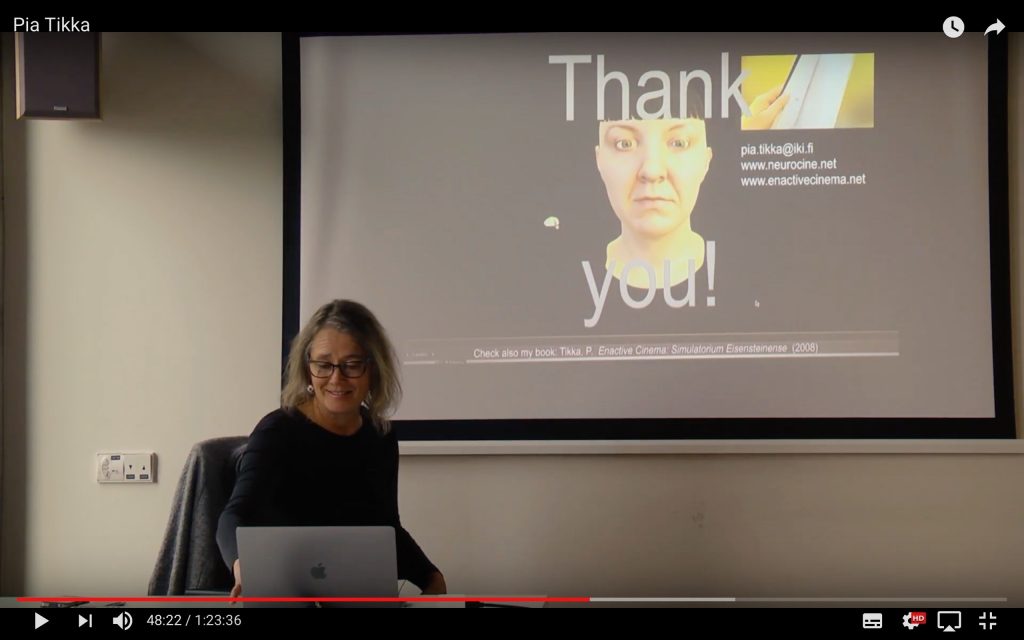Olav Thon Foundation grants the 2018 international research award to Academician, Professor Emerita Riitta Hari
The researcher prize was awarded due to excellence in brain research.

The Norwegian Olav Thon Foundation has named Professor Emerita Riitta Hari the recipient of its international researcher award for excellence in brain research. The award totals 5 million Norwegian kroner, which is approximately 518,000 euros.
According to the foundation’s chairperson Olav Thon, Professor Emerita Riitta Hari is a highly respected brain researcher. Many breakthroughs have been made in the field of brain science thanks to Hari.
According to Ole Petter Ottersen, head of the Olav Thon Foundation’s Expert Committee and President of Karolinska Institutet, Hari has been a pioneer of magnetoencephalography (MEG) since the 1980s.
‘This award came as a complete surprise to me. I have been Professor Emerita at the Aalto University Department of Art since 2016, with the aim to lower the borders between art and neuroscience. I take great delight in the award, as well as in the possibility to continue my interesting research, and even to participate in the ceramics courses at the Departments of Art and Design,’ says Professor Emerita Riitta Hari.
Hari directed brain research at Aalto University for over three decades. In 2010, she was granted the honorary title of Academician of Science. Hari has published over 300 peer reviewed articles and numerous other publications. In 2009 Hari was the recipient of the Finnish Science Award, in 2003 she received the Louis Jeantet Prize for Medicine and in 2001 Hari was granted the Matti Äyräpää award.
Pia Tikka
Celebrating Academician Riitta Hari, the director and leading neuroscientist of our globally unique neurocinematics research project aivoAALTO at Aalto University (2009–2014). And the inspiring dialogue between arts and sciences continues – now across the Finish Gulf ![]()
See our co-authored papers at neurocine.net
